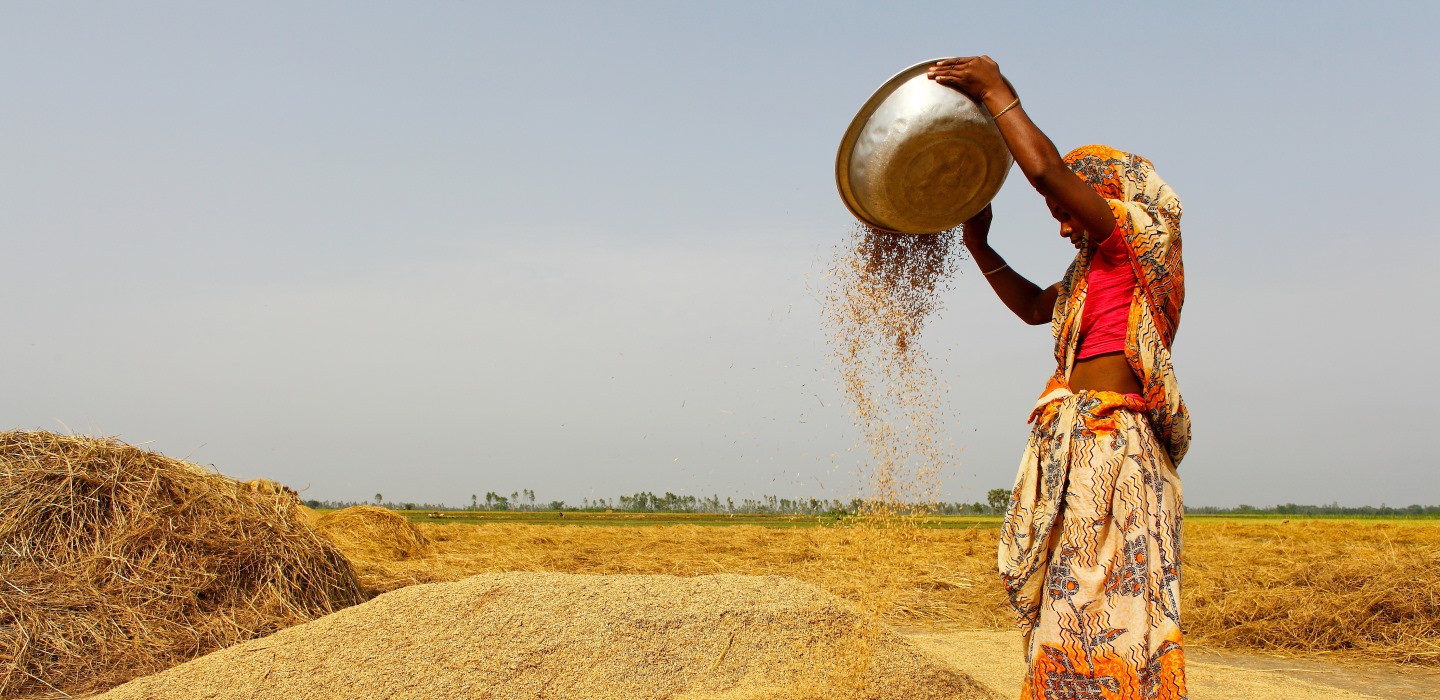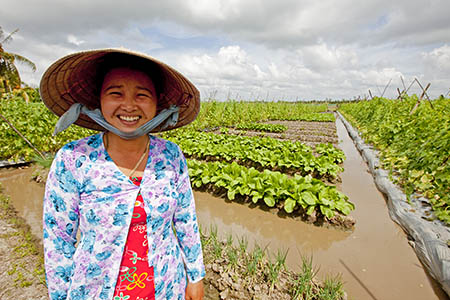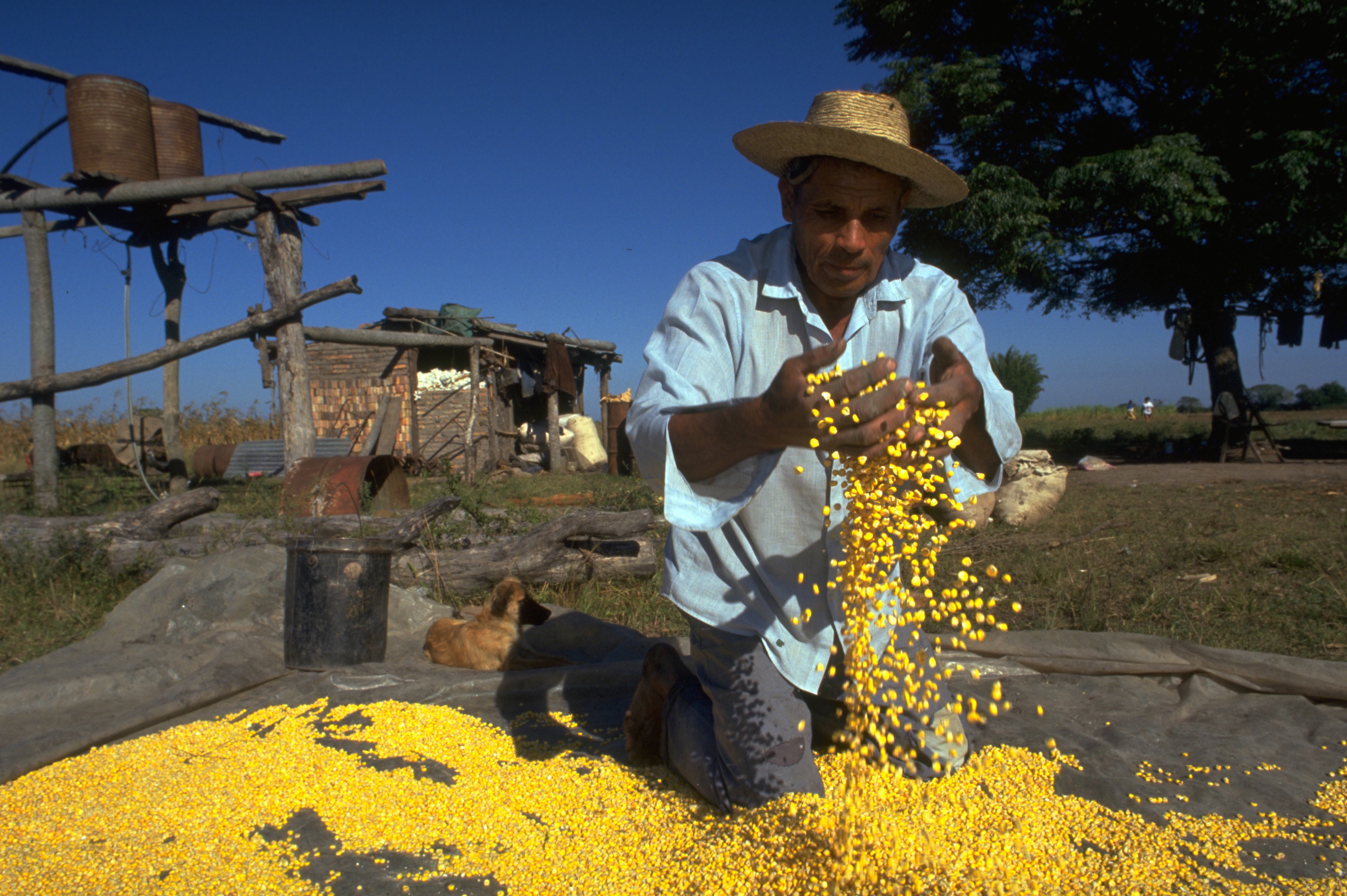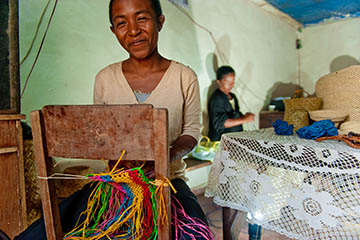Market access
Market access - banner
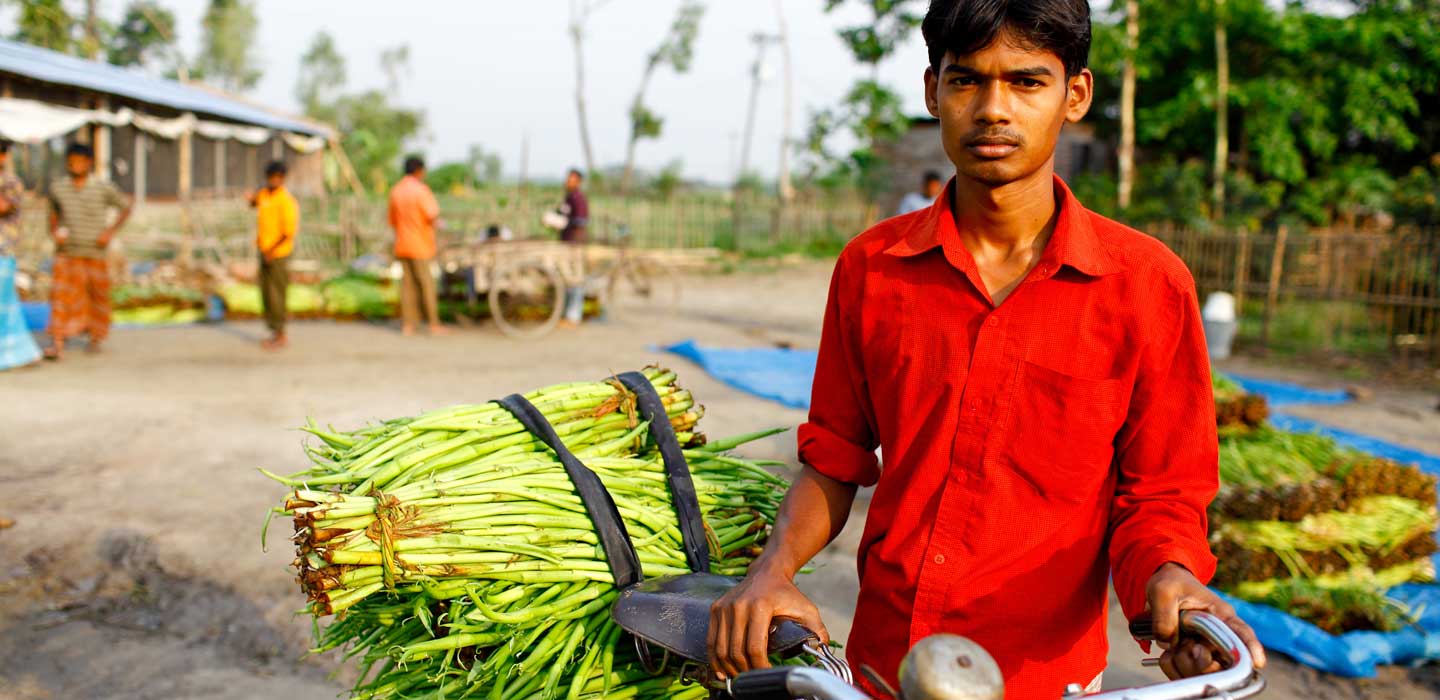
Market Access and Value Chains
Market access
Reliable market access boosts productivity, increases incomes and strengthens food security. It can contribute to reducing poverty and hunger for producing families and their communities, if appropriate measures are taken to reduce market risks and unequal market power.
Many rural producers often face serious difficulties in accessing markets to sell their goods in the marketplace. They are constrained by their remote location, high transportation costs, limited knowledge, and the lack of business skills and an organization that could give them the bargaining power they require to interact on equal terms with other market intermediaries.
Agricultural and food product markets have changed significantly over the past 30 years. Modern value chains serving national and regional markets – particularly in urban areas – now complement traditional markets. Demand for high-value products continues to grow. All of this means more opportunities for smallholder producers, but also risks if they are pushed out of these markets.
It isn’t always easy to connect smallholders to markets, nor to ensure their produce meets market standards. Unequal distributions of power also mean small producers can earn significantly less than other actors, such as larger processors, retailers and exporters.
Selling more food at fairer prices
Increasing poor rural people’s access to markets is a top priority for IFAD. The proportion of IFAD-supported projects that include work on market access has increased dramatically over the years – from 3 per cent in 1999 to more than 75 per cent in 2014.
Better access to domestic and international markets allows small producers to reliably sell more produce, with better quality and at higher prices. This in turn encourages farmers to invest in their own businesses and increase the quantity, quality and diversity of the goods they produce.
Equitable, win-win partnerships
IFAD-supported projects work to increase greater market access and market development for the rural poor. Some of IFAD’s projects support infrastructure development to improve the physical access to markets. Others support segments of (mostly production, primary processing and marketing) or the entire value chain. These value chains are complex, involving not just producers but also input dealiers, traders, processors, retailers, and other service providers. Interventions at various links of the value chain have the potential to create income for the rural poor.
IFAD is dedicated to promoting a more systematic and pro-poor way of doing business with the private sector working in value chains. That is why we have developed the public-private-producers partnership (4P) approach, which ensures smallholder producers are equal and respected partners in value-chain partnership arrangements.
In depth
In depth
Food loss reduction
Experts
Asset Publisher

James Marc de Sousa-Shields
Lead Regional Technical Specialist, Rural Finance, Markets and Value Chains

Nadhem Mtimet
Senior Regional Technical Specialist, Rural Finance, Markets and Value Chains

Lorna Grace
Lead Regional Technical Specialist, Rural Finance, Markets and Value Chains
Sauli Hurri
Lead Global Technical Specialist (East and Southern Africa), Rural Institutions
Stories and news
Stories and news
In Mozambique, a boost to private sector finance is a boost to rural communities
Financial exclusion is acute in rural Mozambique, and women are disproportionately impacted. Closing the funding gap to catalyse private-sector investment in rural communities can make all the difference.
Rebuilding livelihoods in Afghanistan’s rural communities
IFAD’s Crisis Response Initiative is helping pastoralists in Herat build resilience against crises by training pastoralists in animal husbandry practices, providing veterinary units with equipment and supplying high quality feed during winter months.
Strengthening rural value chains, one link at a time
A well-oiled agricultural value chain allow small-scale farmers to make the most of their produce. That’s why IFAD works with rural communities around the world to strengthen local value chains and overcome the challenges that arise along the way.
The world is not prepared for climate change
For rural people, the climate nightmare is a reality. They urgently need support to adapt to a changing world. To do this, IFAD is issuing three calls to action – find out what they are.
Market Access View more link
Related publications
Related publications
Guidelines for Inclusive Agricultural Value Chains Development in Africa
These guidelines assess previous Agricultural Value Chains (AVC) development efforts across Africa, propose policies and strategies for developing AVC pathways, and identify the policy and institutional factors needed for successful implementation.
Côte d’Ivoire: Making small-scale farmers resilient to climate change
The Agricultural Value Chains Development Programme (PADFA) seeks to improve post-harvest activities (packaging, storage, processing and marketing) for rice, vegetables, and mango in Côte d’Ivoire.
How to do note: Market needs and emerging opportunities assessment in NUS value chains
This How to Do Note is part of a series of five Notes that accompany the NUS Operational Framework.
